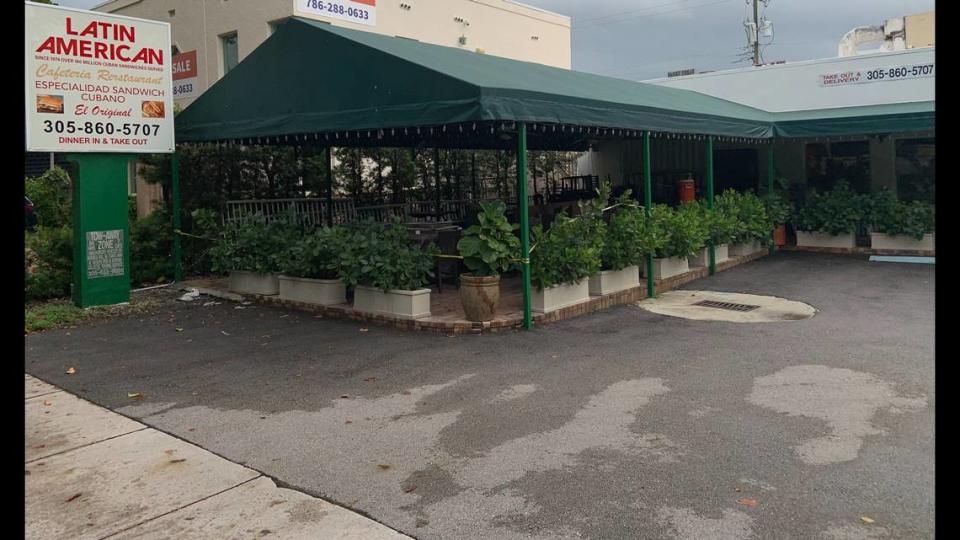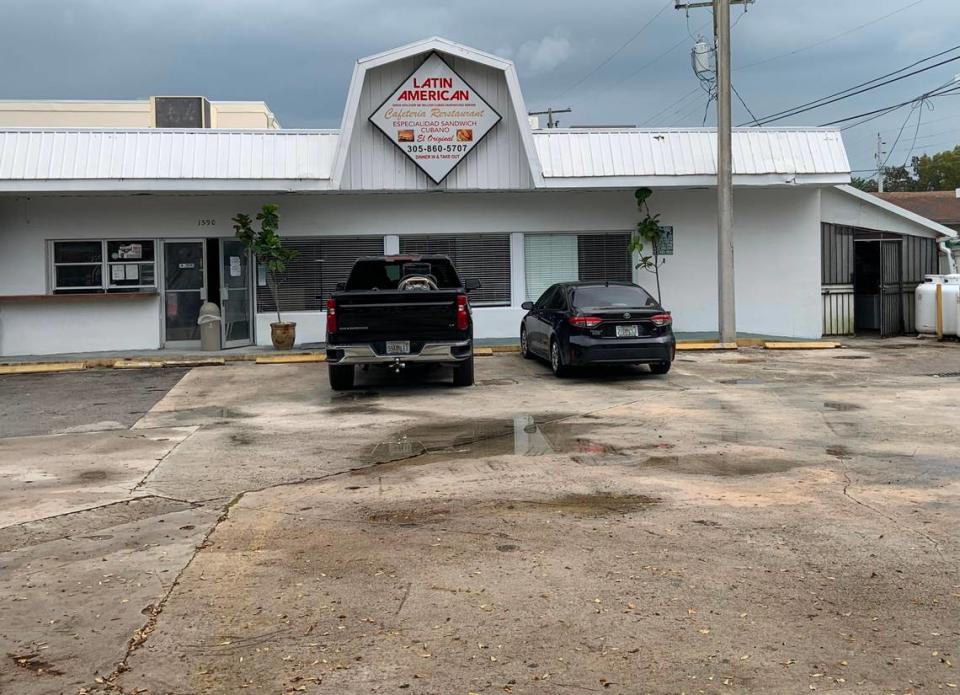A live rodent tumbled off a shelf at a Miami restaurant in front of a state inspector
What can be worse for a restaurant, in this case Miami’s Latin American Restaurant, than a rodent falling off a shelf in front of a state inspector?
Perhaps only that the eatery at 1590 Coral Way, near the Brickell and Shenandoah areas, had eight other High Priority violations and 36 other violations in total and would’ve been closed by failed inspection anyway.

Monday afternoon, Latin American Restaurant remained closed as it addressed myriad problems raised in the Oct. 3 inspection by the Florida Department of Business & Professional Regulation once-over. Aside from the usual issues, the inspector cited Latin American for issues that usually involve a contractor.
But, we’ll start a partial listing of violations with the aforementioned tipsy tumbler...
▪ Near a large oven, the inspector “observed a live rodent fall from the shelf above the mop sink to the floor.”
▪ Not giving rodents unimpeded access to your restaurant is the main reason it’s a violation for a door that opens to the outside to have a threshold gap, as Latin American’s dry storage area door did.
▪ Clearly, rodents can get to elevated surfaces, but you still probably should make them work for the food and not store if on the floor, like the “buckets of ice on the floor by the ice machine, and buckets of pickles and carrots stored on the floor in the back storage room.”
▪ Someone dried hands on his/her apron, then began prepping food on the cookline.
▪ Then again, maybe that person washed hands at the drink station area handwash sink, which didn’t have any paper towels or electric blower.
▪ Whoops, the employee couldn’t have washed hands at that handwash sink or the three-compartment sink handwash sink because neither one had soap.
▪ The inspector saw a “cutting board with mold-like substances by the kitchen.” This would be excusable only if the trip to the dishwasher required using Miami-Dade Transit.
▪ The dishwasher could wash, but couldn’t sanitize. Sanitizer measurement: zero parts per million. It should be at least 200 ppm.
▪ Meanwhile, the solution in which restaurants are supposed to keep wiping cloths between uses not only was too strong, but was ”stored in a location that could result in the cross contamination of food, equipment, utensils, linens, single-service, or single-use articles.”
READ MORE: A Miami company recalled seltzer with kratom as a food allergy danger
▪ A reach-in cooler had standing water.
▪ The drain line from the Coca-Cola machine’s drain line fed into the front counter handwash sink. That counts as a “plumbing system improperly installed or repaired.”
▪ Latin American was approved for 46 seats with the DBPR. It has 78 seats outside and 50 inside, exceeding its approval by 82 seats (so you don’t have to do the math).
▪ “Perimeter walls and roofs do not effectively protect establishment against environmental cross contamination or the entrance of pests.” How so? In the dry storage area, the “area with the door is not a solid wall. The acrylic panel above the door has been repaired with duct tape and cardboard.”
▪ “Wall not smooth, nonabsorbent and easily cleanable in food/dry storage area.” Please explain. “The wall with the door is not a solid wall...the wall is made with acrylic panel and gaps in the wall and around the door.”


